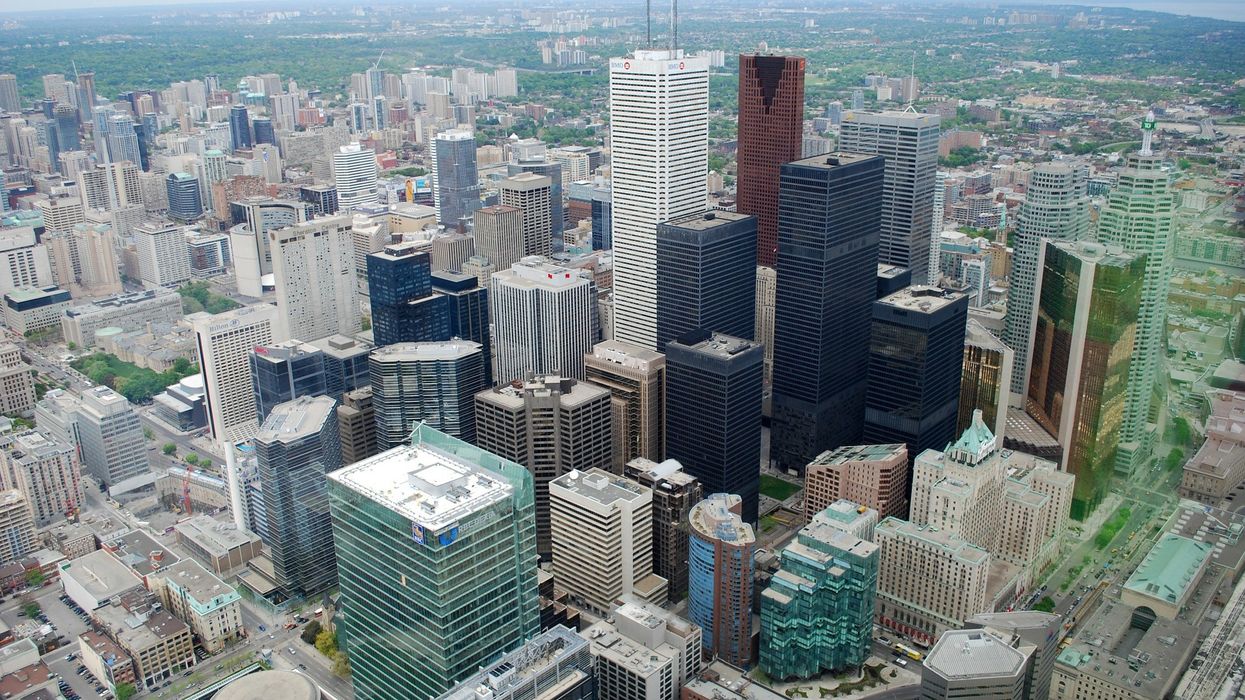UPDATE: On Tuesday, the Ontario government released new data regarding non-resident purchases. The stats came one day after CBC’s initial report that the government was keeping these numbers private.
According to the new figures, 1,788 homes were bought by non-residents between mid-February 2018 and March 2019. This resulted in $221 million in foreign buyers tax. Based on the data, it appears non-residents are buying fewer homes than they did during the first few months the tax was implemented, CBC reports.
Original story:
The Ontario government has stopped sharing public figures regarding its real estate foreign buyers tax, causing some Canadians to raise their eyebrows.
The last statistics were published in April 2018 and showed data from the first 10 months the tax was implemented, CBC reports. According to the figures, nearly 1,400 homes were purchased by non-residents between April and November 2017, resulting in $172 million for Ontario.
READ: These Unlikely Canadian Cities Are A Hot Spot For Chinese Home Buyers
Since then, no new figures have been released. CBC News reached out to the Ministry of Finance twice in the last six months, but was given the same response by officials: “There is no further update at this time.”
Some Canadians are now questioning why Doug Ford’s PC government is not being transparent.
READ: Ask An Agent: A Foreign Buyers Guide To Toronto Real Estate
Kathleen Wynne’s Liberal government first introduced the 15 per cent foreign buyers tax — also known as the non-resident speculation tax — in 2017. The tax was meant to help cool the housing market in the Greater Golden Horseshoe area.
Since its implementation, the tax has proven to be effective. Not only did foreign investments drop within the first year, but average house prices also fell from nearly $1 million to roughly $785,000, The Globe and Mail reported.
READ: Real Estate Terms All First-Time Home Buyers Should Know
Public data on residential real estate not only helps inform the market, but helps spot trends — good or bad. For instance, Transparency International Canada’s March report, which found that money laundering was driving up home prices in Toronto, was based on public real estate numbers.
That’s why the company’s executive director, James Cohen, is adamant that foreign buyers tax numbers shouldn’t be hidden. “The Ontario public has a right to know,” he told CBC.





















